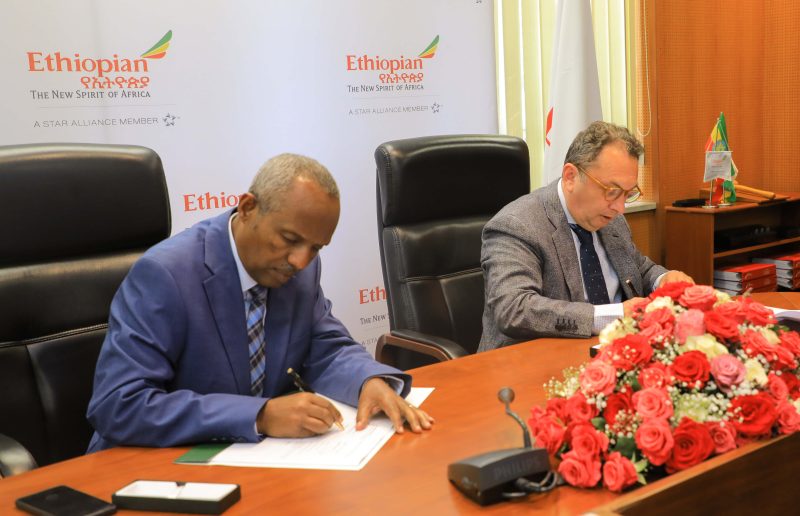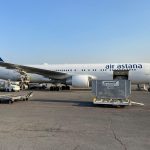Ethiopian Airlines' MoU with Satarem Marks a New Era of Eco-Friendly Travel
Ethiopian Airlines Group has signed a Memorandum of Understanding (MoU) with Satarem America Inc., marking a pivotal step towards sustainability in aviation by focusing on the production and use of Sustainable Aviation Fuel (SAF) within Ethiopia.
Under the agreement, Satarem will produce SAF domestically, with Ethiopian Airlines committed to purchasing the fuel for its operations. This strategic partnership underscores Ethiopian Airlines’ dedication to sustainability and highlights its proactive approach to environmental responsibility.
By partnering with Satarem America Inc., a renowned provider of sustainable energy solutions, Ethiopian Airlines aims to incorporate SAF into its flight operations, thereby significantly reducing carbon emissions and supporting global efforts to combat climate change. SAF is a cleaner alternative to traditional jet fuel, produced from sustainable feedstocks that can substantially lower greenhouse gas emissions.
Mesfin Tasew, Chief Executive Officer of Ethiopian Airlines Group, expressed enthusiasm about the partnership, stating, “We are excited to partner with Satarem America Inc in our journey towards a greener and more sustainable future. The adoption of Sustainable Aviation Fuel is not just a business decision; it reflects our commitment to combating climate change and investing in innovative solutions that support a sustainable industry.”
This collaboration reaffirms Ethiopian Airlines’ role as a pioneer in adopting eco-friendly aviation solutions and its commitment to maintaining high environmental standards. The initiative aligns with the broader sustainability goals of the aviation industry, showcasing Ethiopian Airlines as a leader in sustainable practices.
As one of Africa’s largest and most experienced airlines, Ethiopian Airlines has consistently been at the forefront of sustainability efforts. The airline has implemented various initiatives, including fleet modernization, optimized flight operations, tree planting, and extensive recycling programs to minimize waste and emissions. The integration of SAF into its operations will further enhance these efforts, significantly reducing the greenhouse gas emissions associated with air travel.














